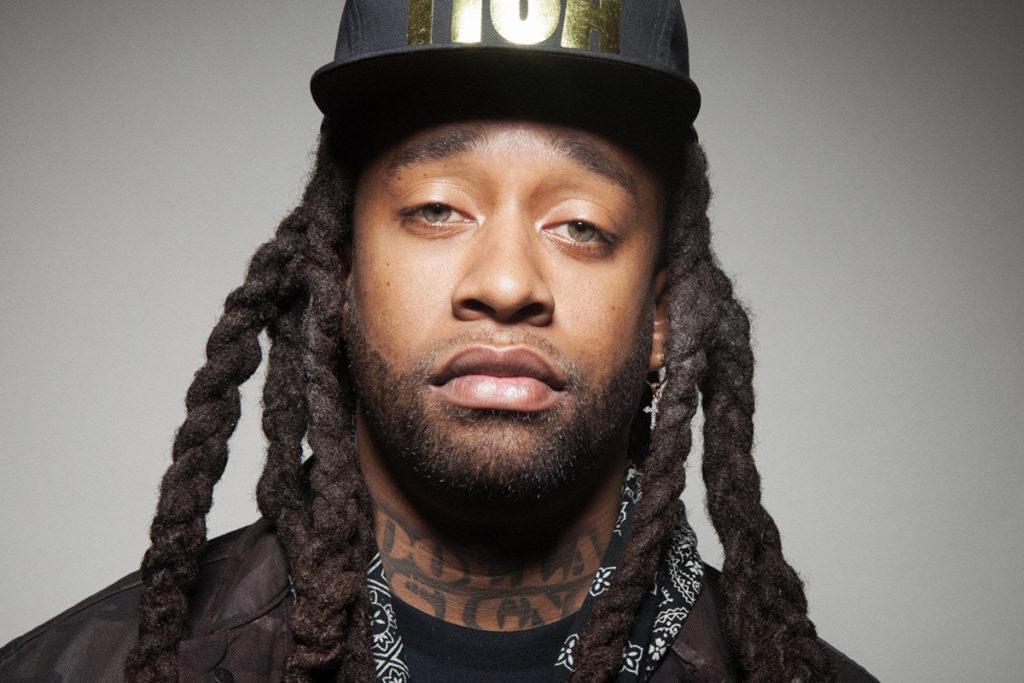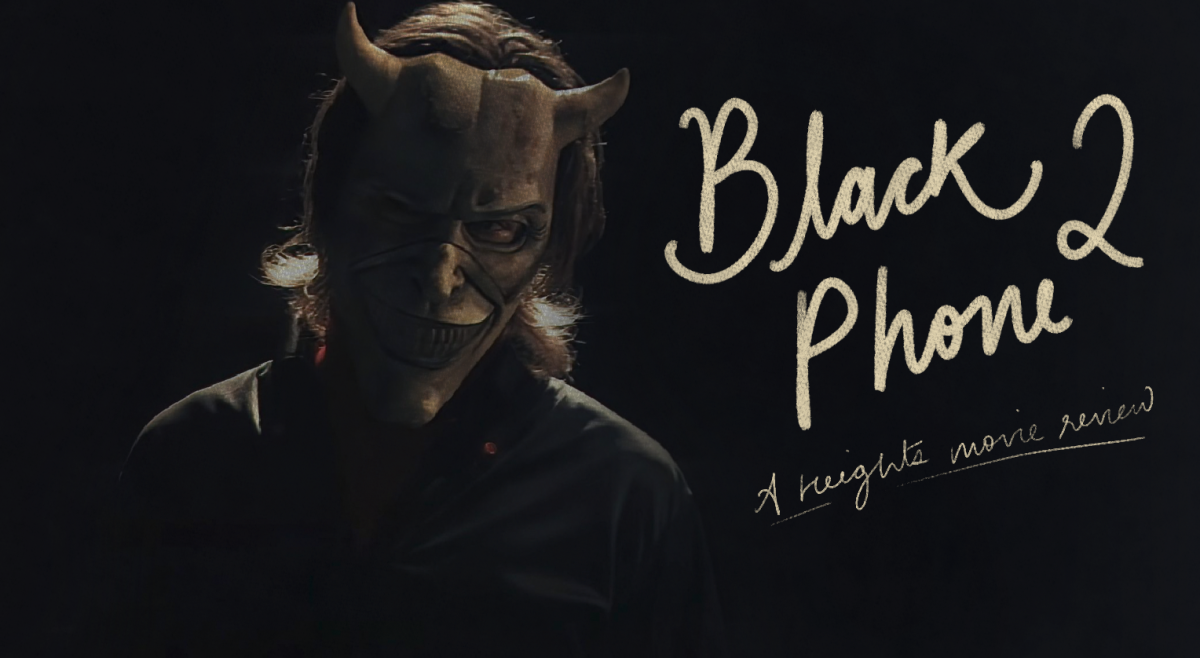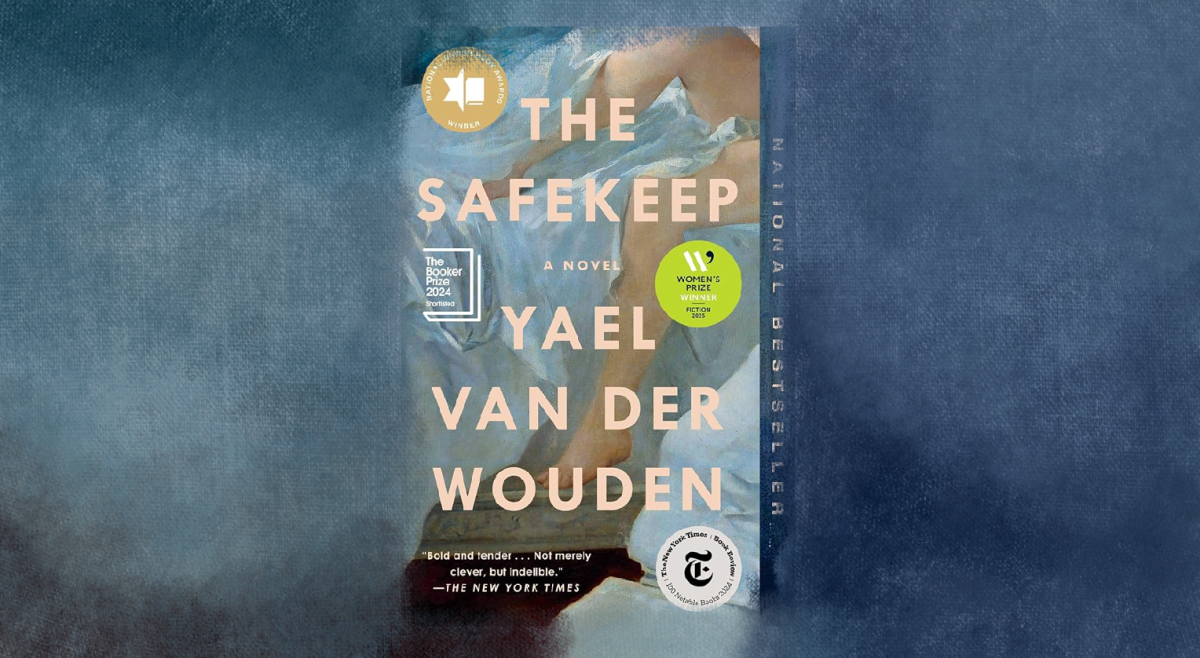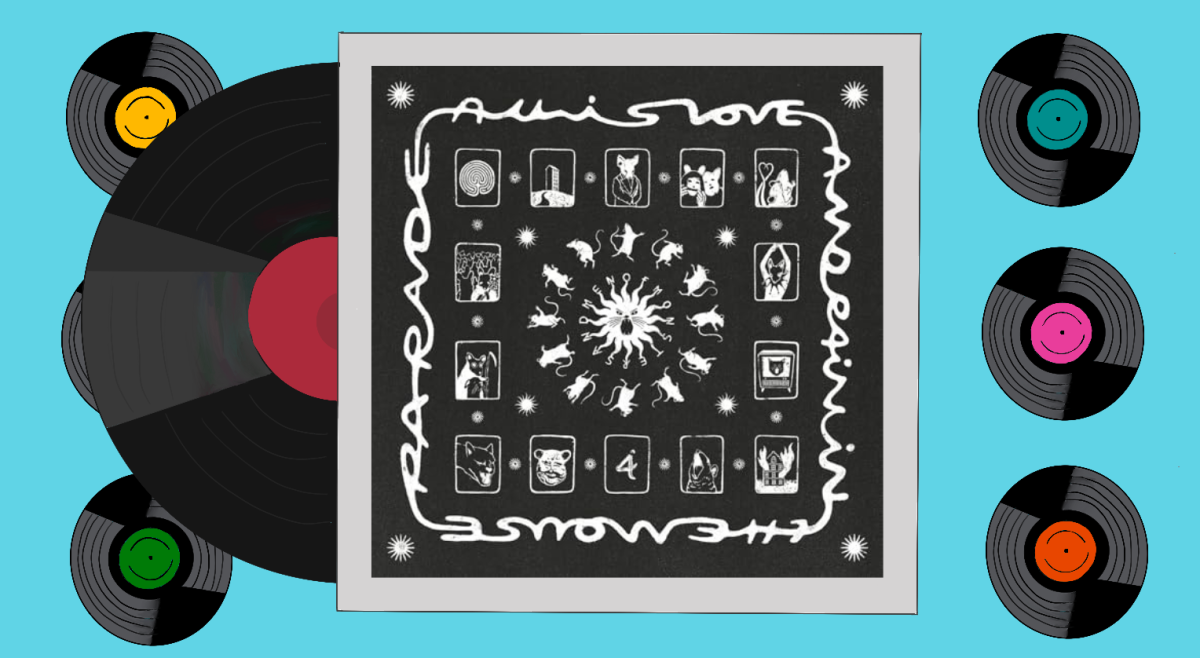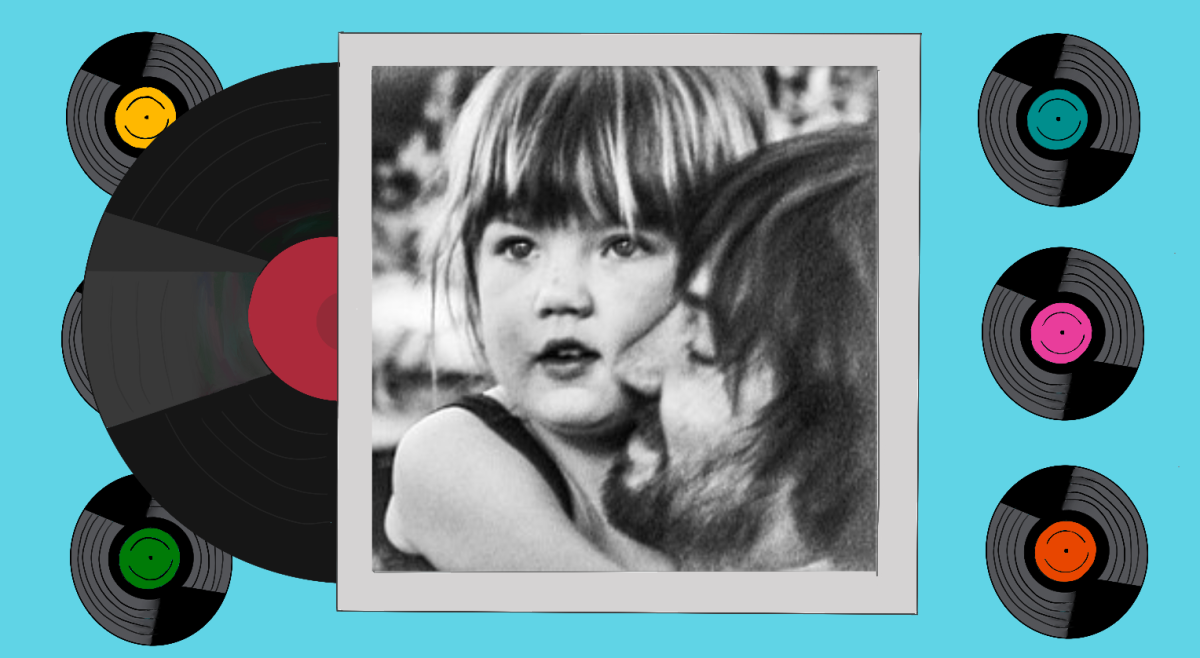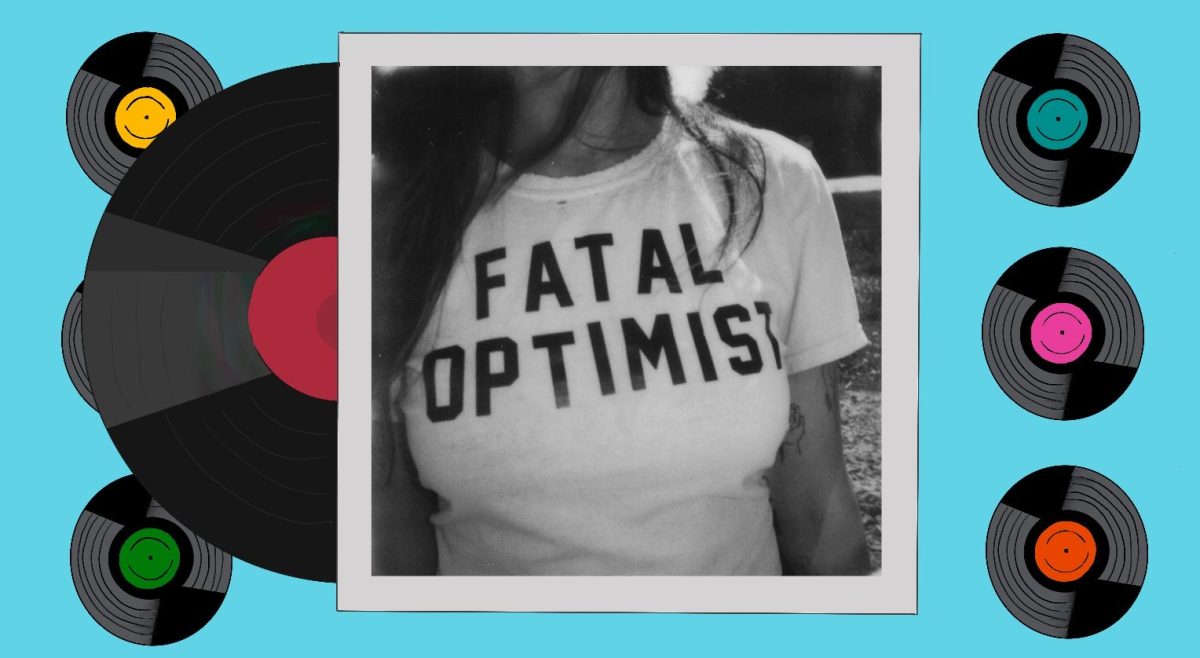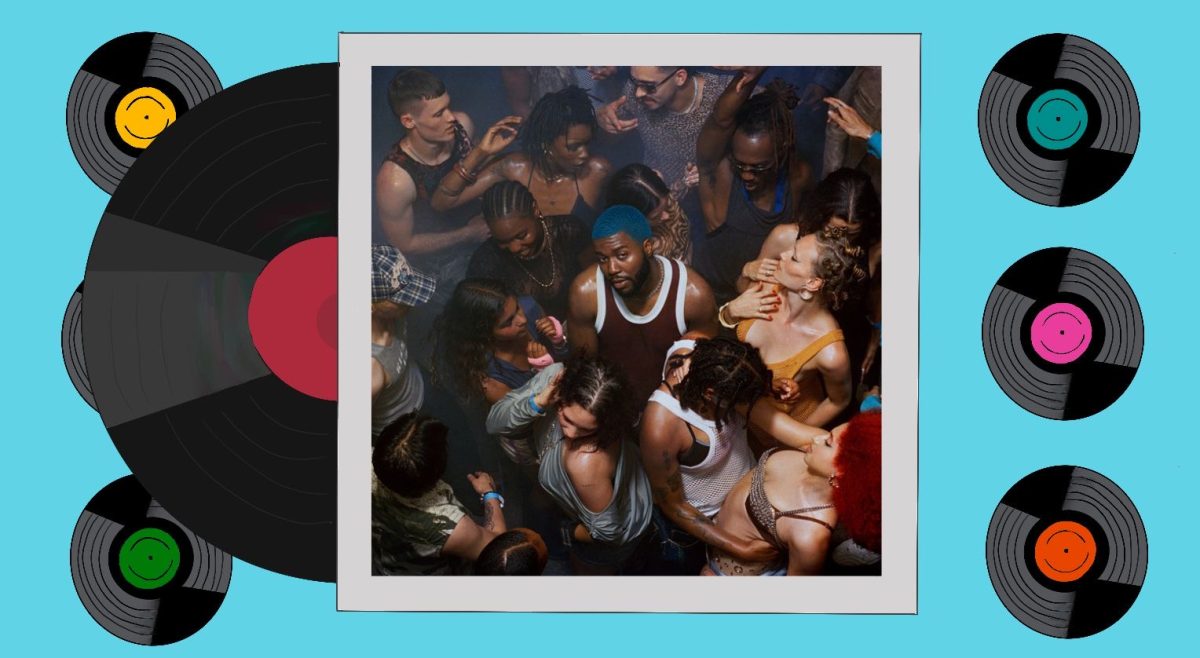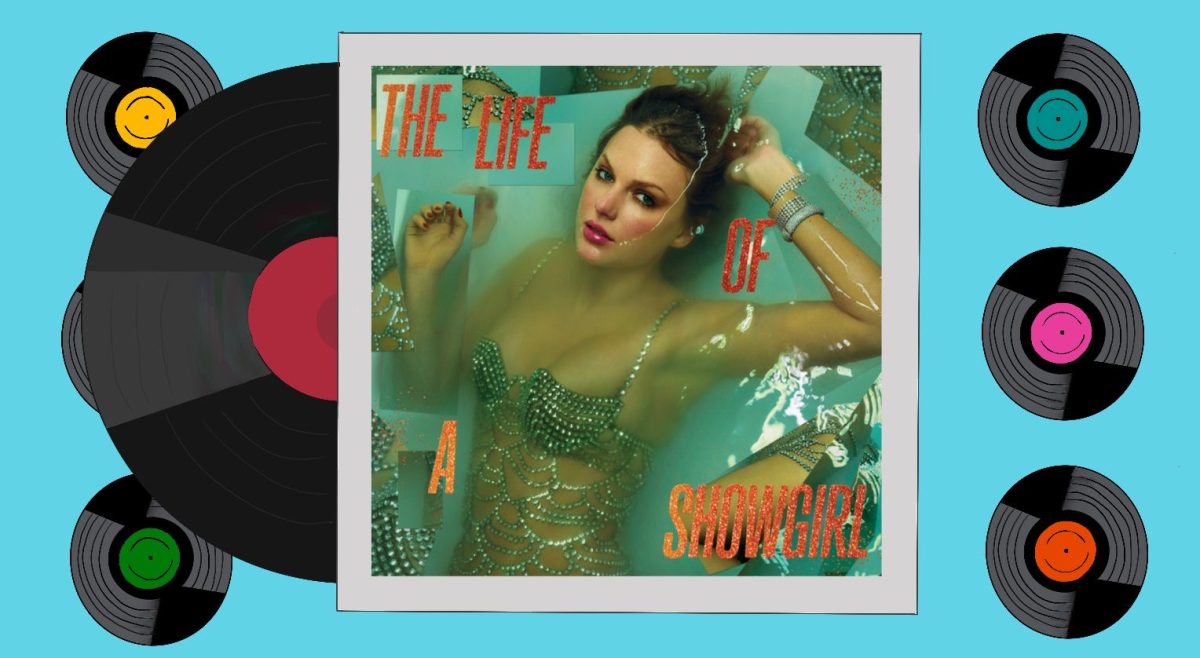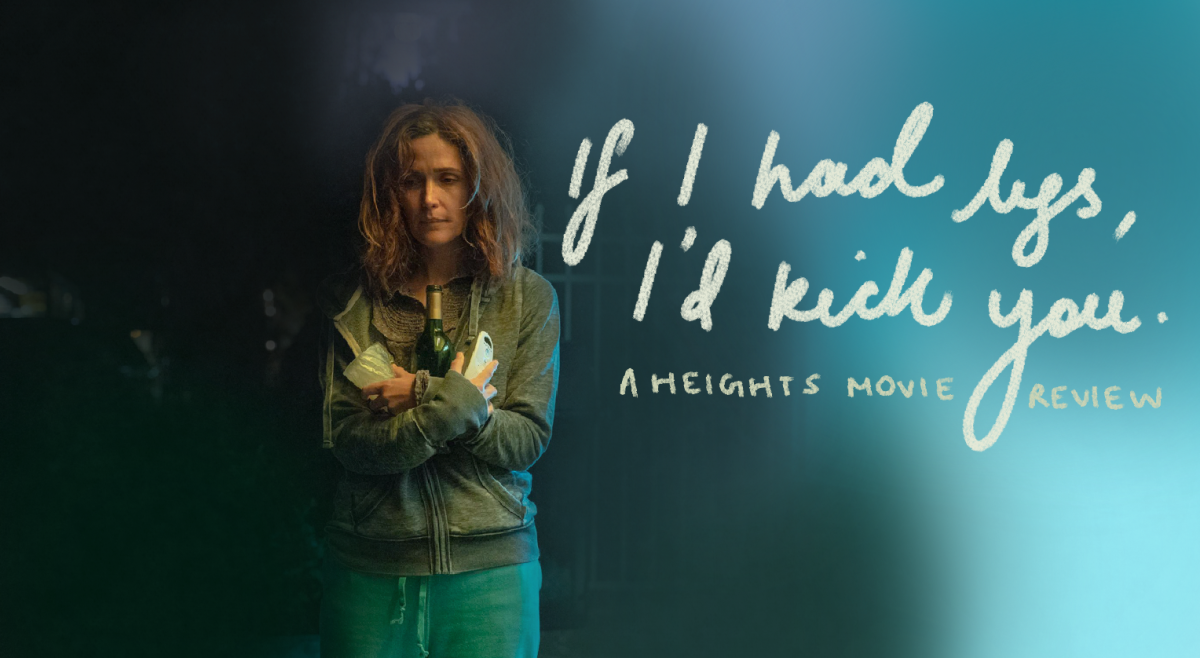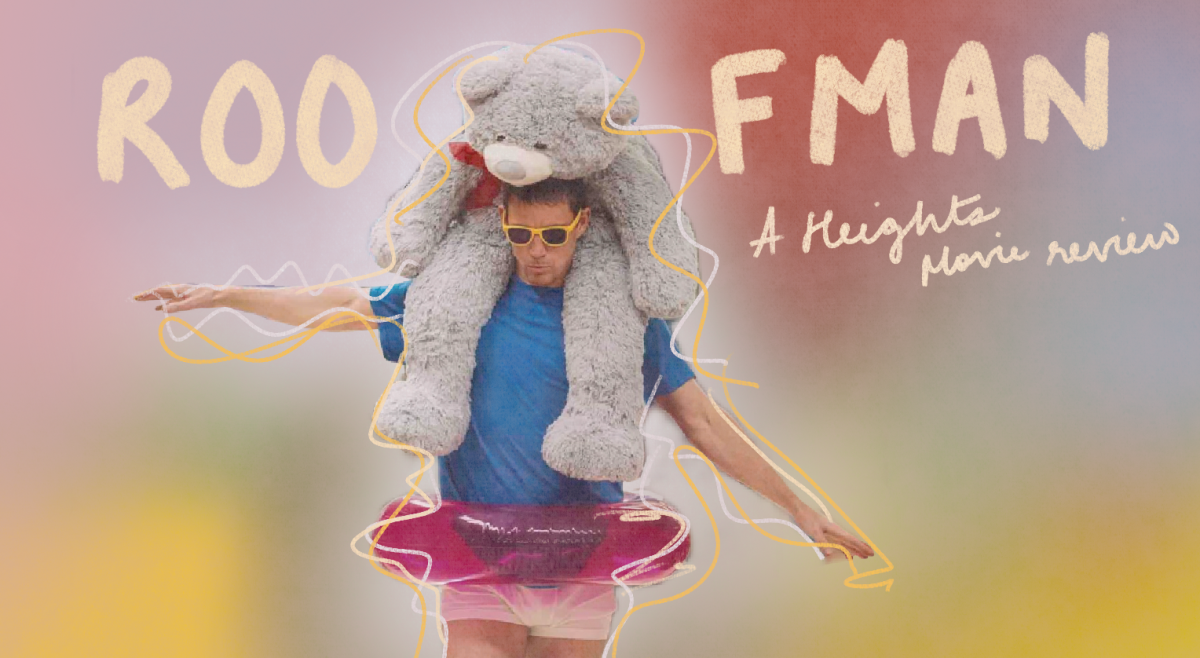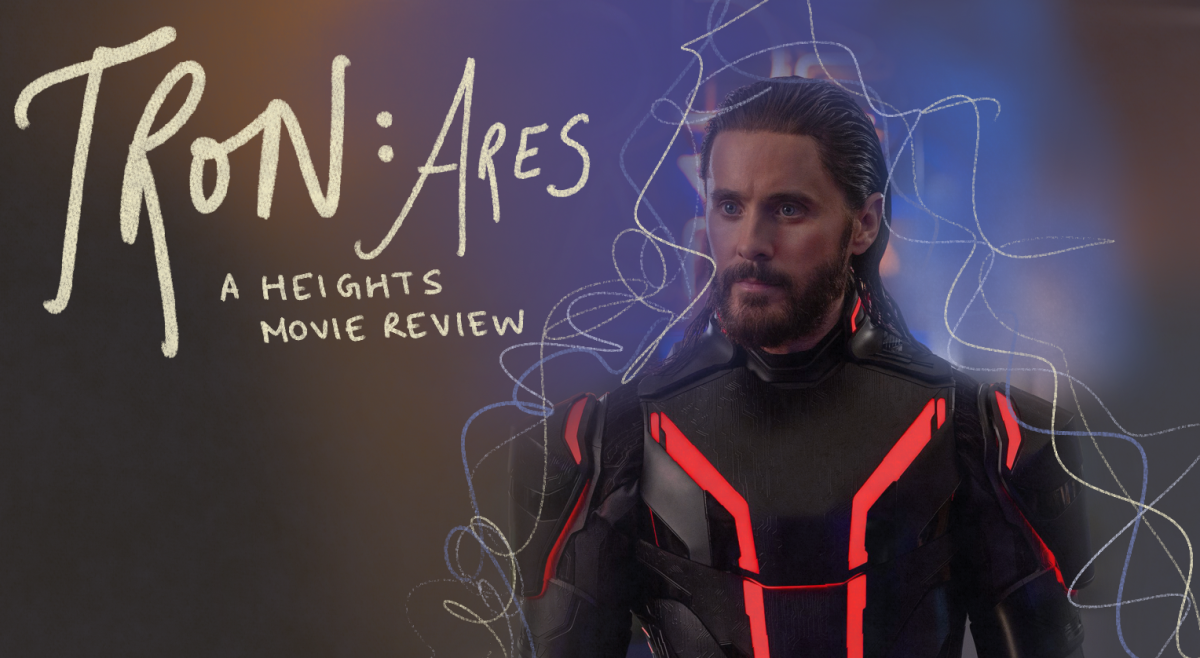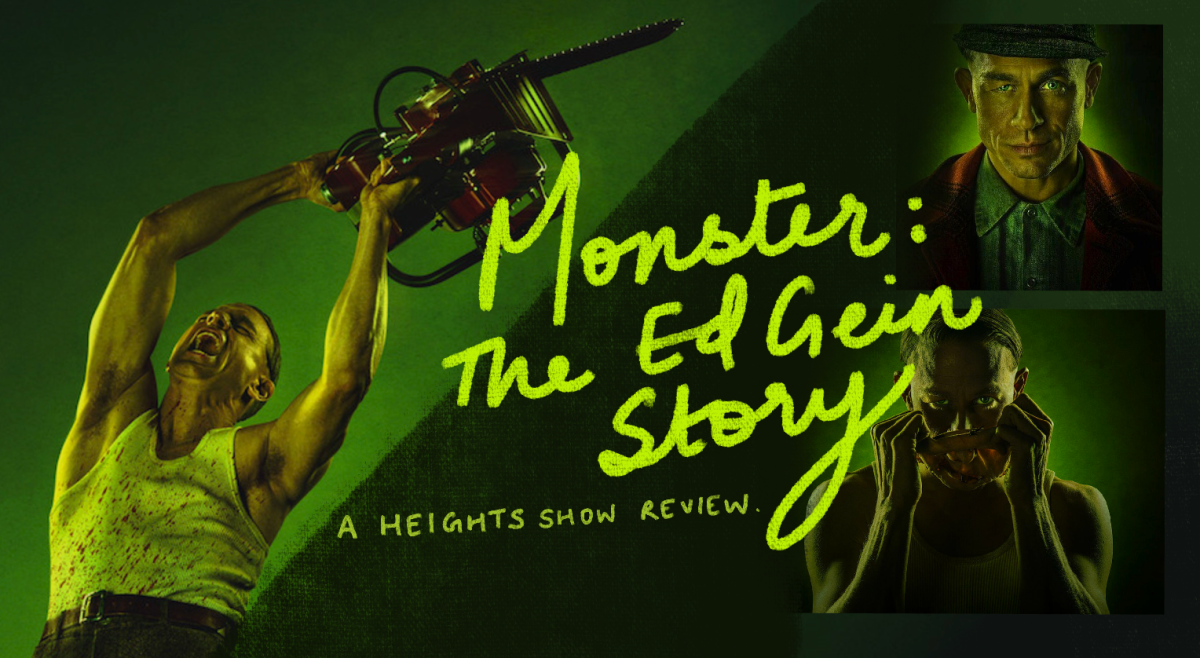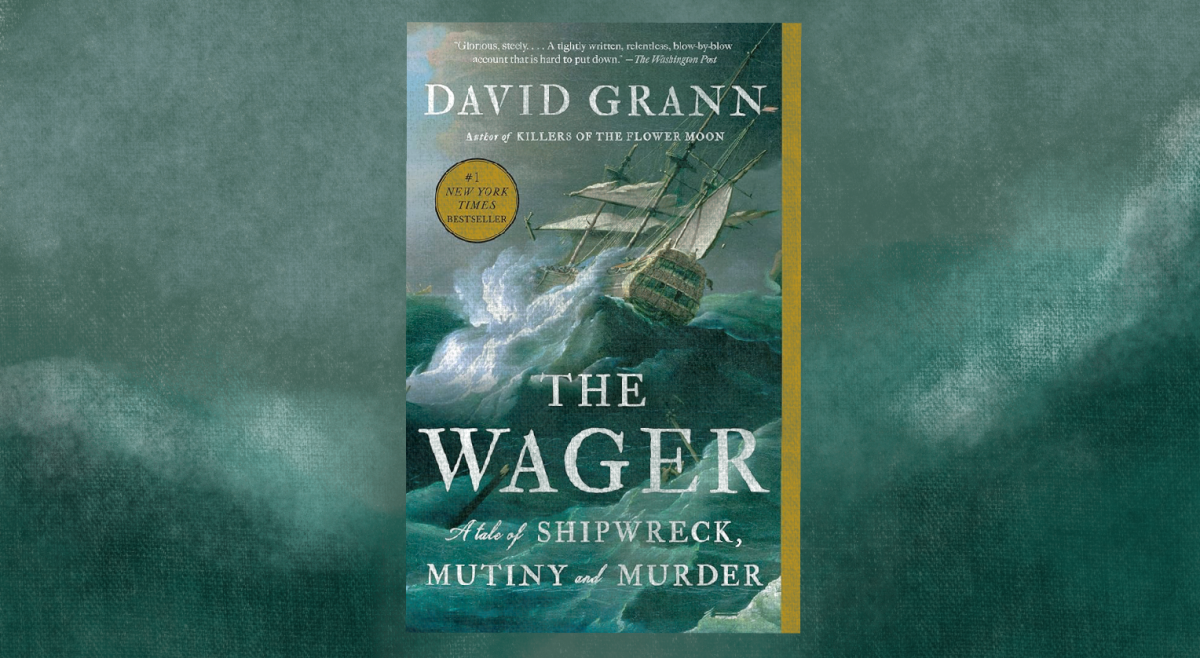Ty Dolla $ign, master of the oooh-yeah, is back with his second studio album, entitled Beach House 3. The 20-song album is 52 minutes in length and boasts features from the likes of Lil Wayne, Jeremih, Future, Swae Lee, and Pharrell Williams.
Ty Dolla $ign, at his best, sounds like the texture of the perfect bagel with cream cheese: overwhelmingly smooth, but with tasteful amounts of grit and texture. He has shown over the course of his career that he can handle smooth R&B melodies and rougher acoustic tracks with more vocal range. He rarely combines the two skills in a single song, and never has he fully utilized them on a full project. Beach House 3 is the first time Ty Dolla $ign has showcased his vocal range over an entire collective musical compilation, using his talents on various genres such as R&B, rap, and even reggae. On his earlier projects, such as Beach House, Free TC, and Campaign, he has demonstrated only flashes of his full potential, often hiding behind the aforementioned repetitive smooth melodies and generic “singing-rap.” He has only hinted at his full range and guitar abilities on these previous projects, ultimately choosing to push those behind an overwhelming amount of DJ Mustard-produced sounds.
This startling lack of diversity of production has held Ty Dolla $ign back throughout his previous artistic ventures. While DJ Mustard is certainly a pioneer of hip-hop production, and is perhaps the driving force behind the resurgence of West Coast radio hip-hop and R&B, his sound is old, tired, and extremely repetitive. Nearly every song that starts with “Mustard on the Beat,” his trademark tag, is 100 beats per minute, has an ascending-descending-midline chime as the instrumental melody, and has a four-count clap. Ty Dolla $ign and DJ Mustard have been collaborating since DJ Mustard hosted Ty’s first published project, “House on the Hill” in 2011, and after six years of working together, Ty Dolla $ign seems to have realized that it was time to find greener production pastures. Beach House 3 still contains its due portion of DJ Mustard on “Love You Better,” a necessary gesture if Ty wishes to stay true to his roots. But the production expands to feature production from some bass-heavy funk, producer Hitmaka, and trap-superstar Mike Will Made It.
“Ex,” featuring YG, makes great instrumental use of the vaguely ’70s upbeat funk vibe, while lyrically adding to the R&B motifs of relationship conflicts and the hip-hop staples of jet-skis and a distaste for monogamy. “Drop Top in the Rain,” perhaps the overall best song on the record, makes use of a dragging synth, creating an expansionary sound (a la Hans Zimmer), laid over with trap staples of hi-hats, a kicking bass, and adlibs littered throughout. “Don’t Judge Me,” featuring Future and Swae Lee and produced by Mike Will Made It, is a hard-hitting boastful piece detailing the trials and tribulations of the party life. Mike Will’s utter talent shines, as he provides perhaps the most balanced instrumental on the entire record. “So Am I,” featuring Damian Marley and Skrillex, is a perfect reggae addition to the album—that is, until Skrillex makes his presence known through noises that sound like faulty bike brakes.
Even while including the horrors of Skrillex, the low points of this album are few in number. The first of such disappointments is that some songs are pretty forgettable, such as “Dawsin’s Breek,” which had loads of potential with a feature from Jeremih. Further, “Stare,” featuring Pharrell Williams and Wiz Khalifa, is an easy skip, and struggles to pull the listener in with the same force that other, more verbose, tracks do. A further shortcoming of the record is that there are six interludes on the album. Each one is about a minute long, and adds absolutely nothing to the listening experience. That being said, if you simply just delete them off of your digital library, the collective nature of the album is not at all interrupted. The unity of the album is pretty impressive, despite the fact that Ty Dolla $ign crosses genres on several occasions; his voice unifies the album despite the sharp and unexpected stylistic changes.
The best song on this album is, as previously stated, “Drop Top in the Rain.” It is a fantastic mix of pop culture references, ad-libs, showcases Ty’s full vocal abilities, and has fantastic repeat value. The Torey Lanez feature, in the form of an excellent final verse, adds the perfect amount of diversity to a Dolla $ign verse that could stand alone. “Love U Better,” although produced by DJ Mustard, is a fantastic example of how to properly sample a song, and is one of two production highlights of the record along with Mike Will’s “Don’t Judge Me.” This beat shows all that DJ Mustard is capable of, and it would be fantastic to see him continue in this vocal-sampling direction in the future.
Featured Image by Atlantic Records

